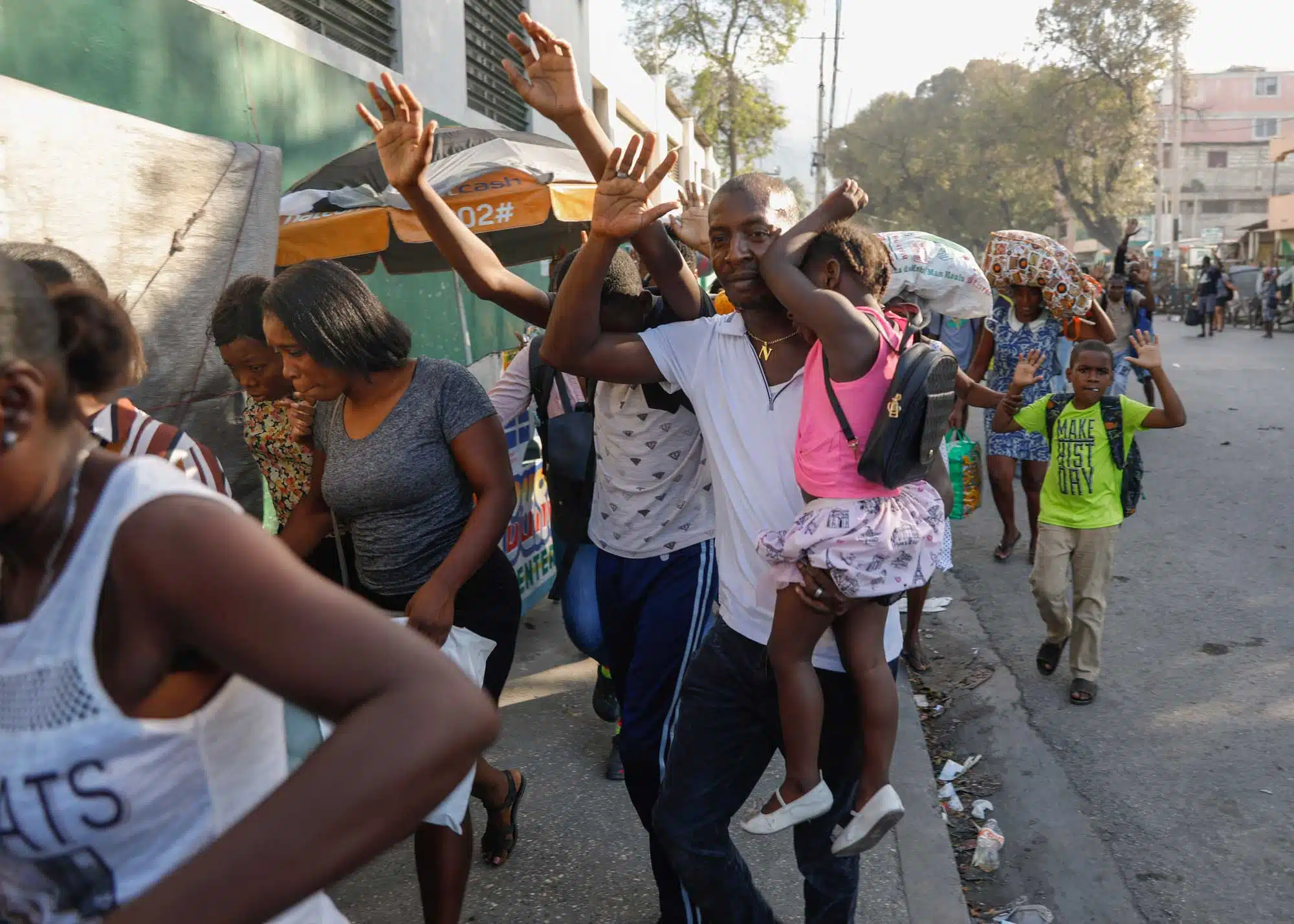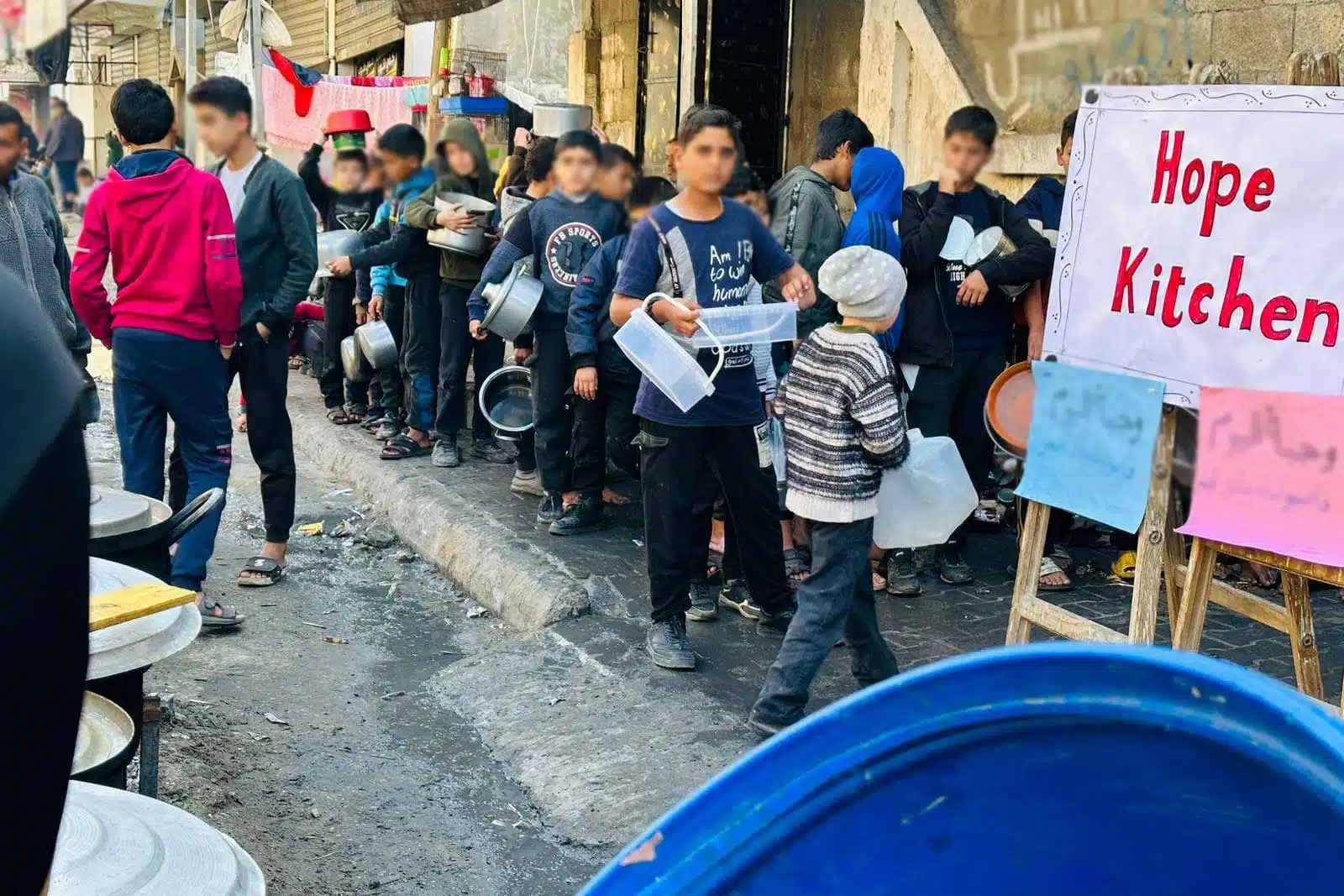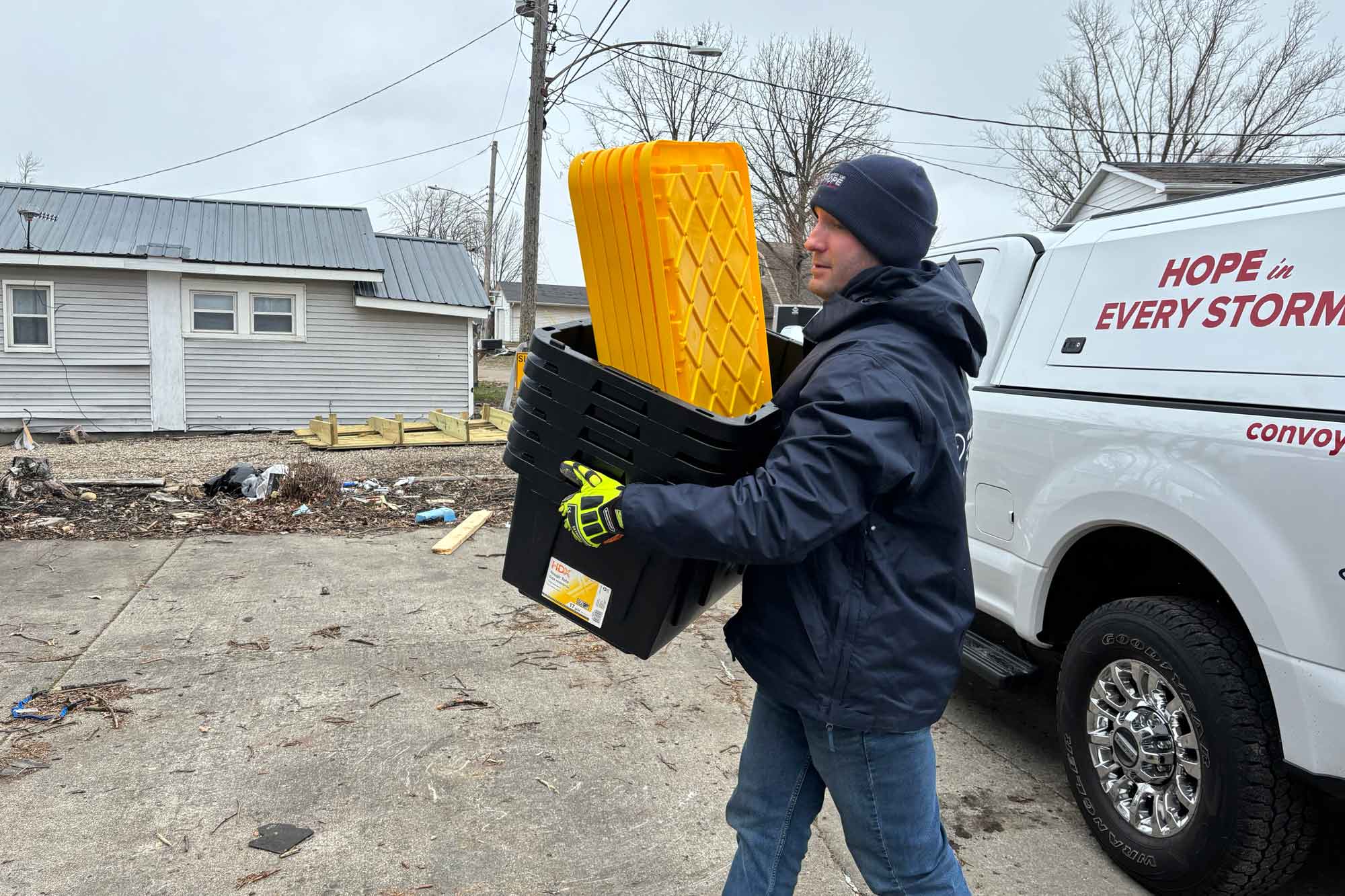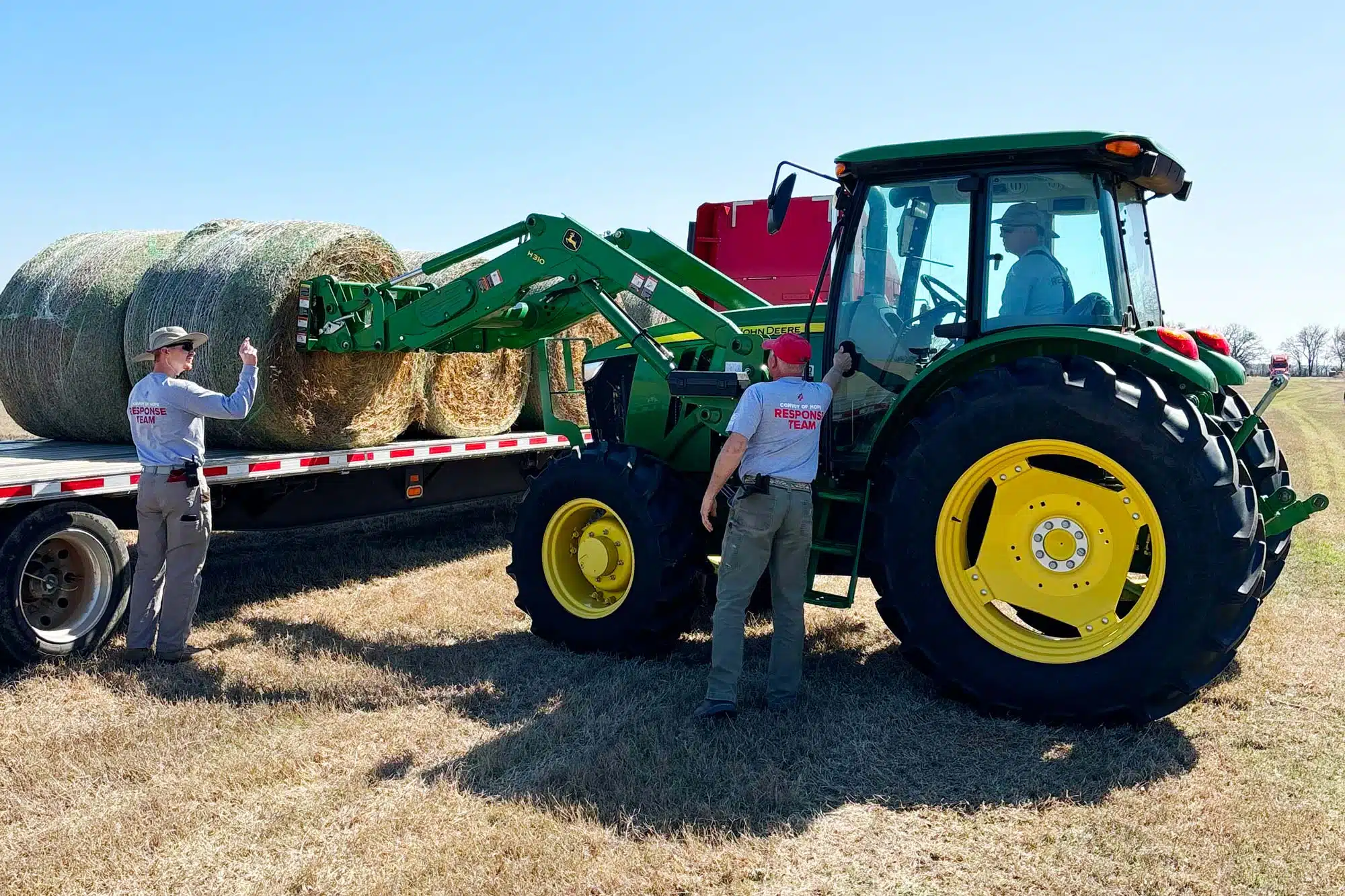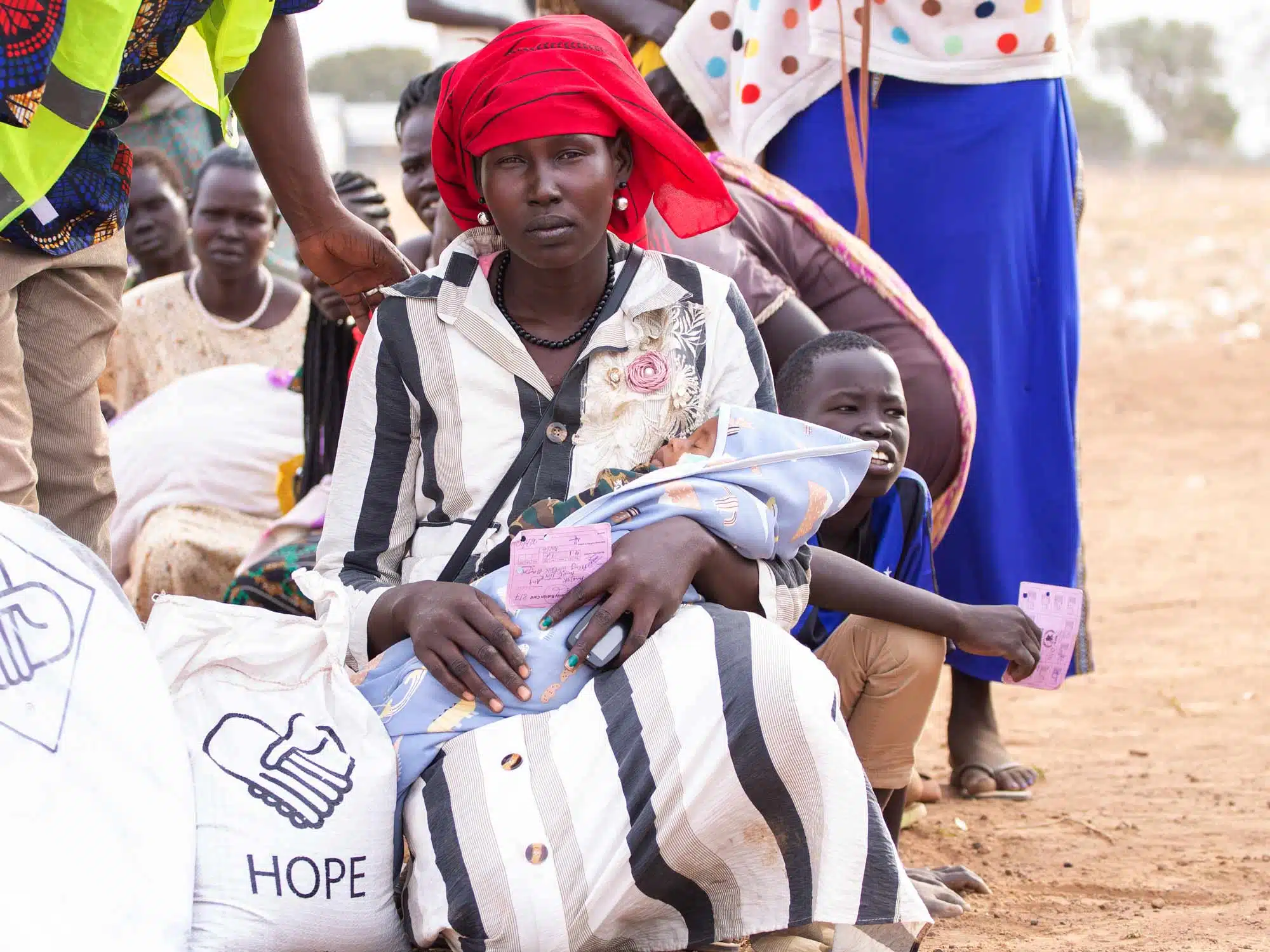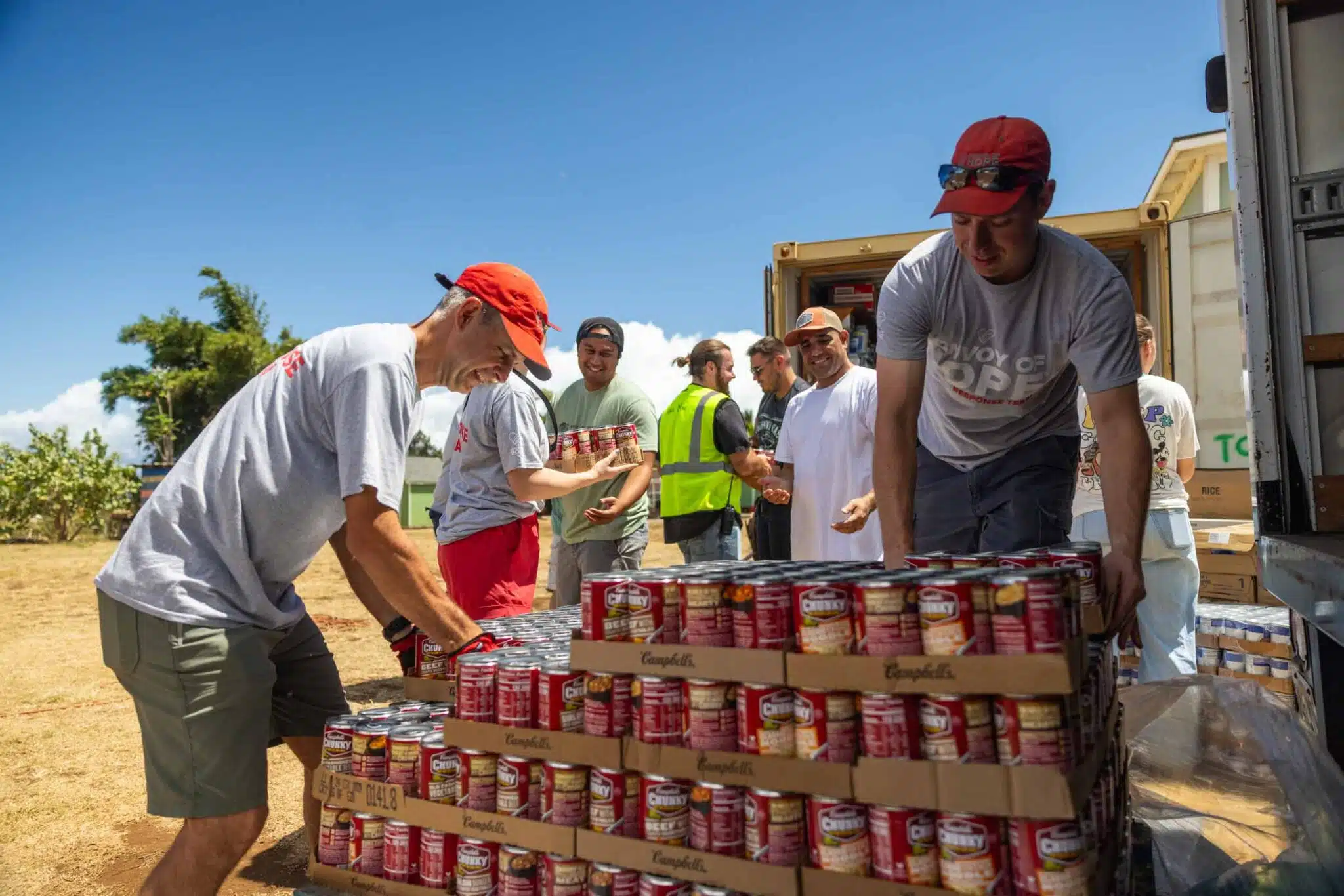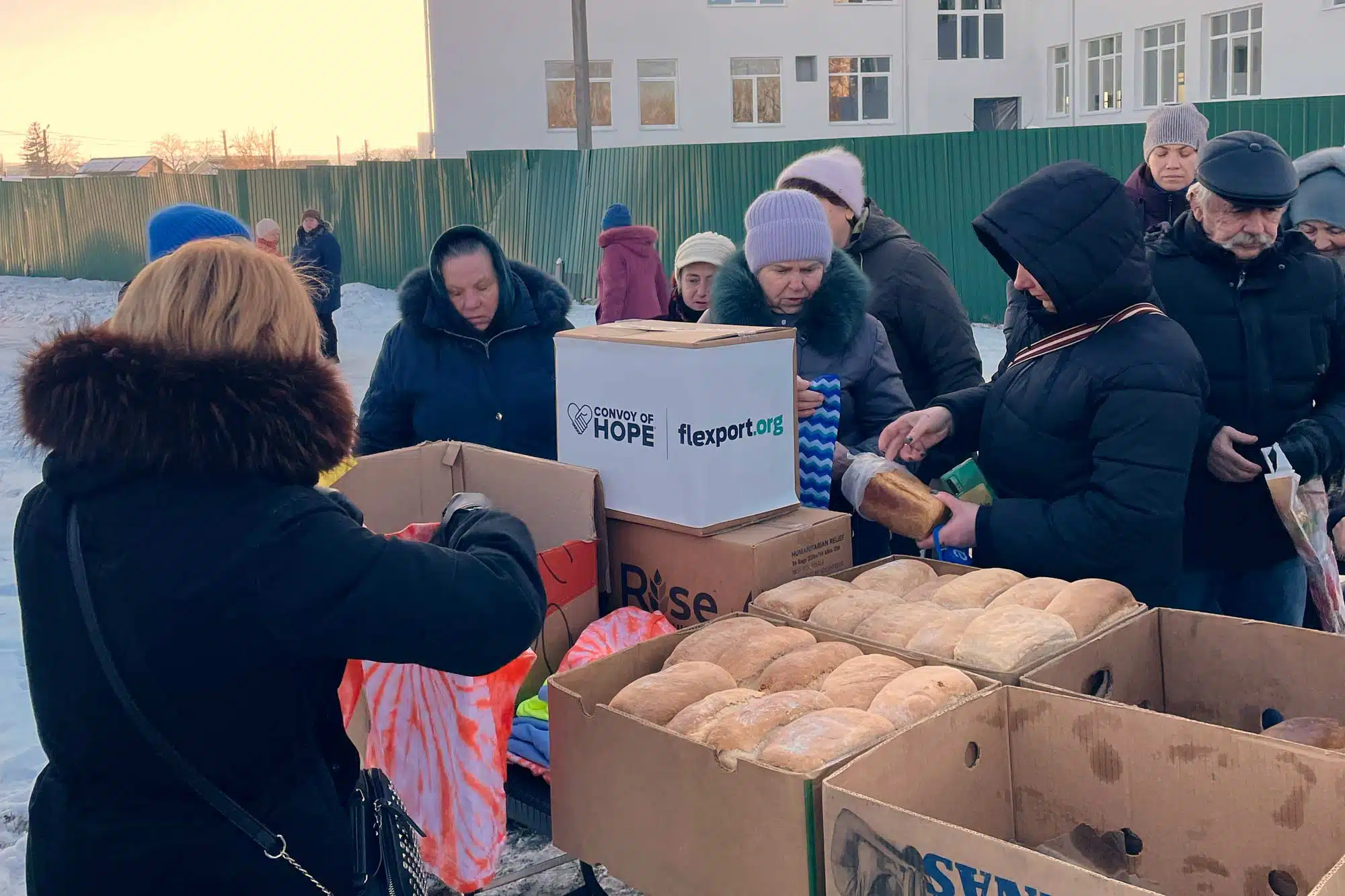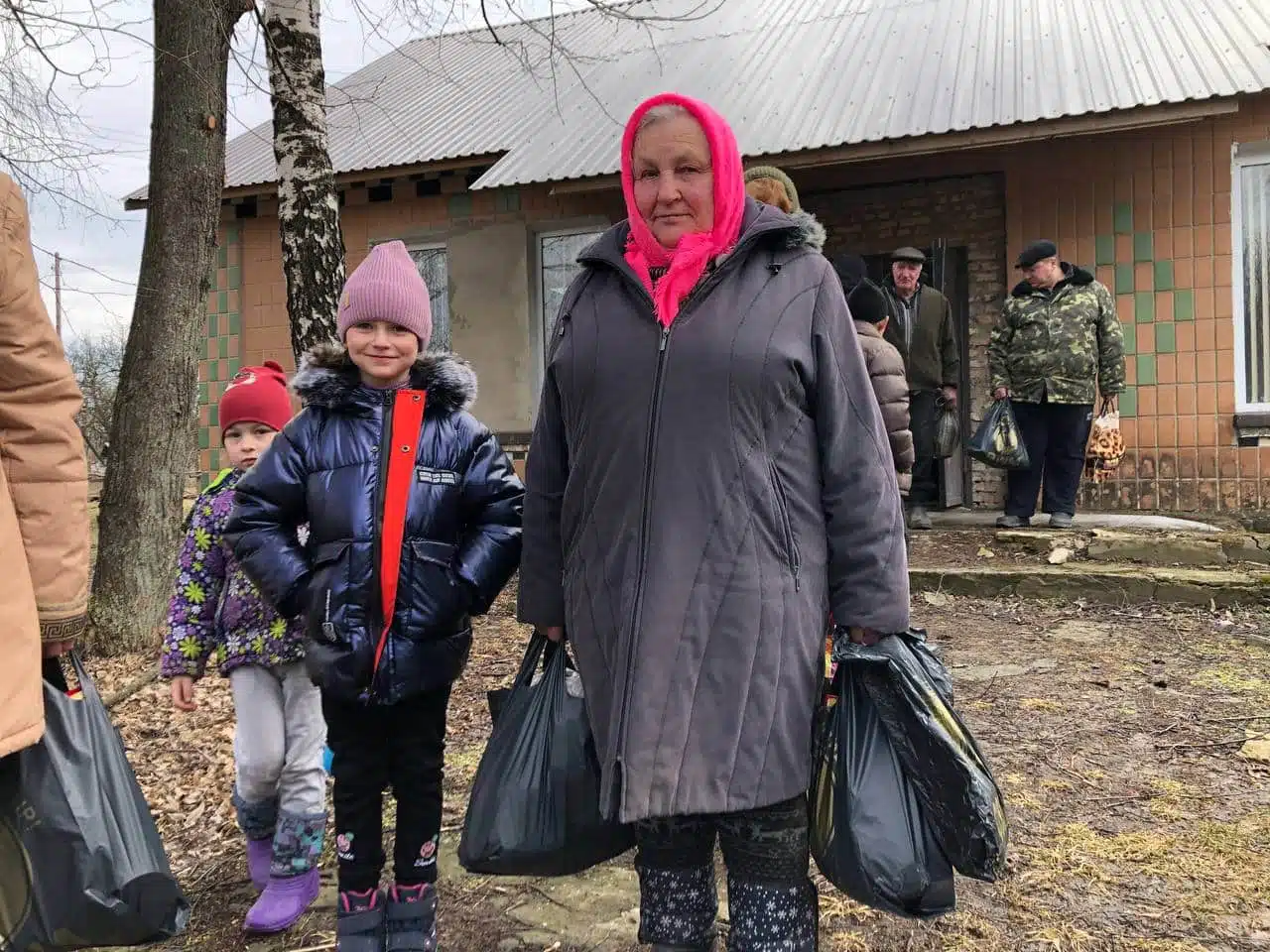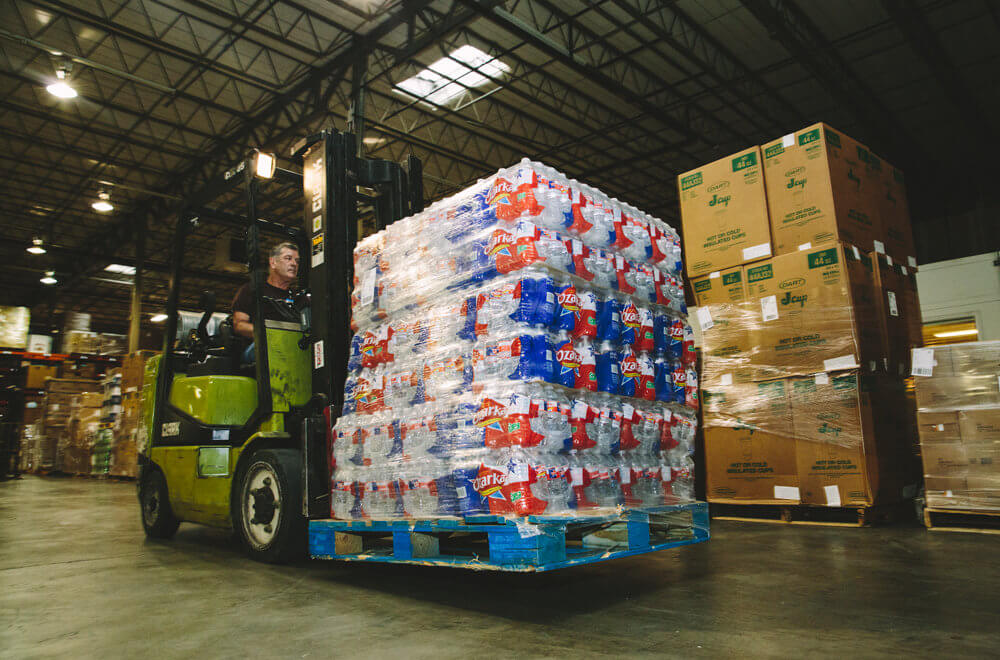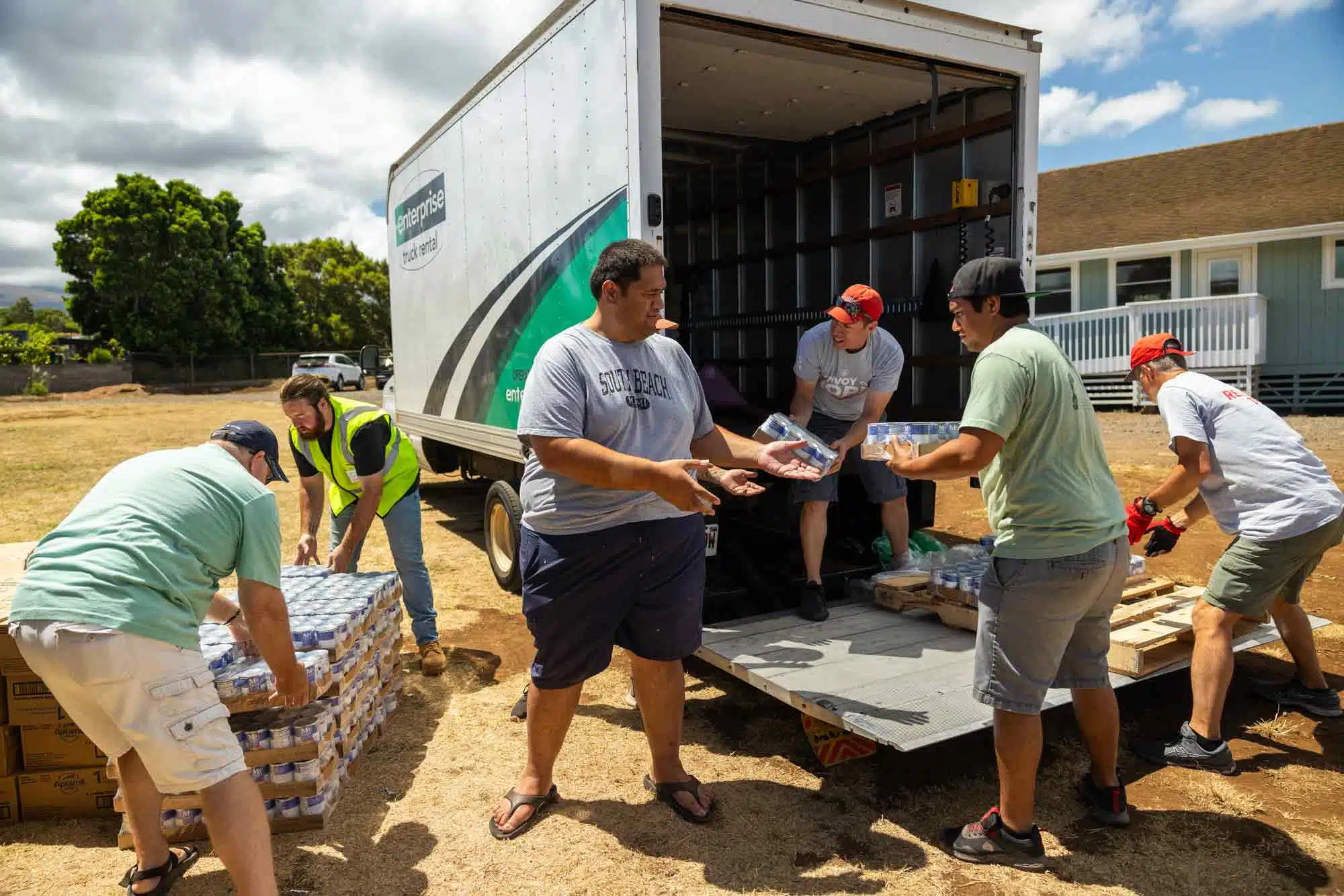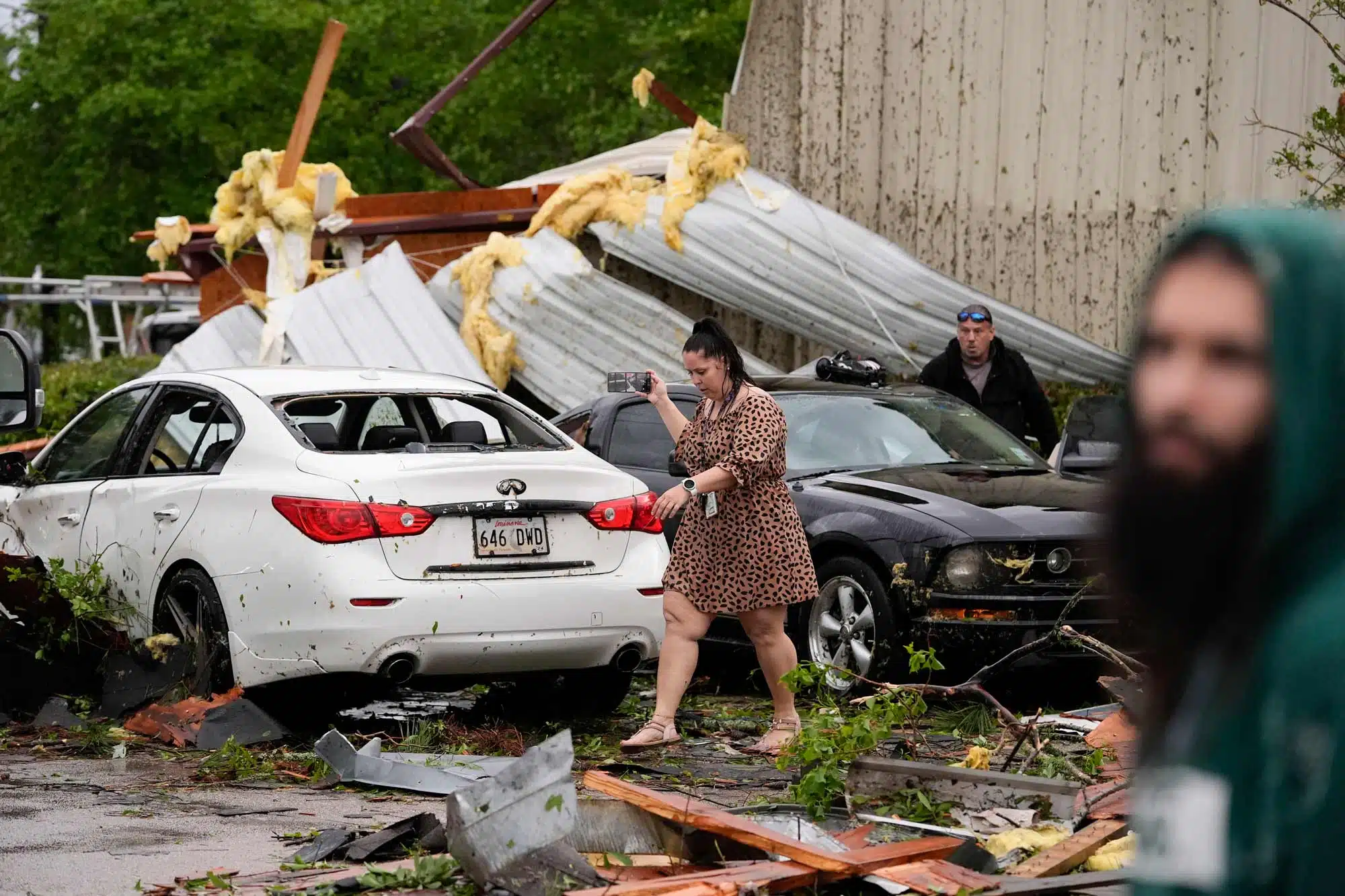“The Perfect Storm”: Convoy Serves Horn of Africa Amid Drought
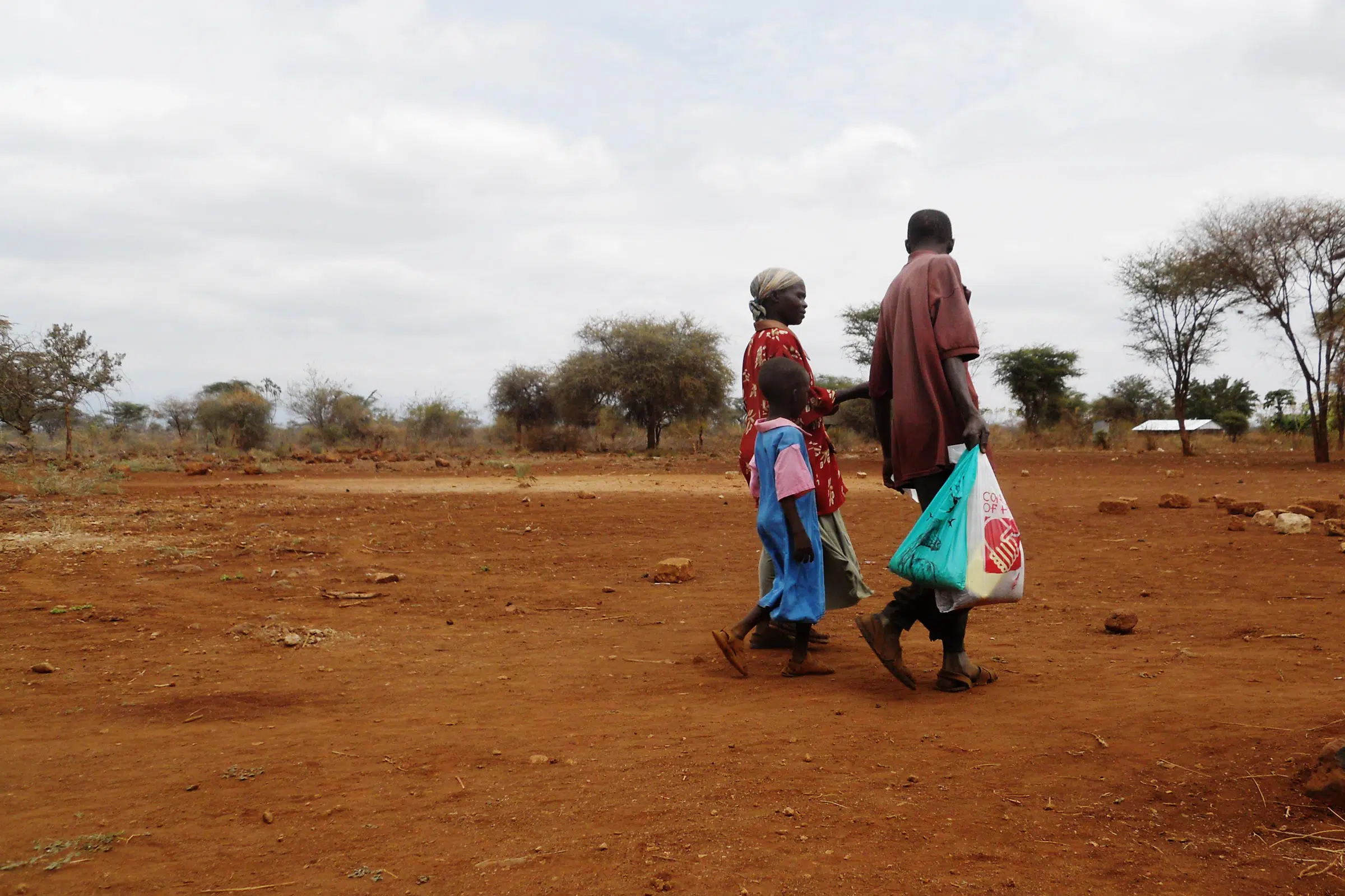
May 18, 2022 | 3:40 p.m.
After 18 months of devastating drought, the Horn of Africa (a region comprised of Kenya, Ethiopia, and Somalia) is now plagued by food insecurity, water shortages, and a sharp increase in the cost of necessities.
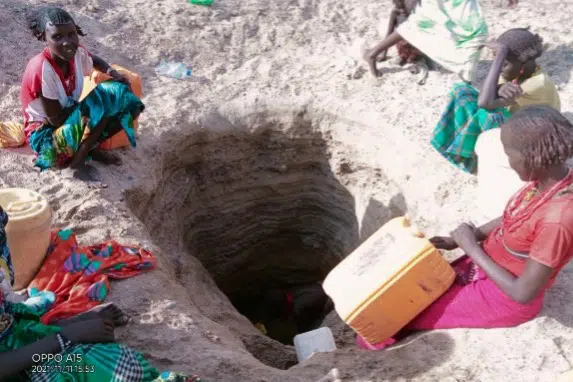
In response, Convoy of Hope is providing food, water, seeds, and farming equipment to affected communities. Convoy is also implementing school gardens to provide nutritious food and life-changing education to local students and assisting farmers with agriculture training.
Real People With Real Needs
May is normally the rainy season in areas like Turkana County, Kenya. But no such relief came this year — or the last.
“Kenya is drought-prone, but the bad rainy seasons started in early 2021,” said Chris Dudley, Convoy of Hope’s Stabilization and Humanitarian Intervention Director. “But it’s not just the drought. It’s the lasting effects of COVID-19 shutdowns, drought, high prices due to the war in Ukraine — the perfect storm.”
The United Nations Office for the Coordination of Humanitarian Affairs (OCHA) estimates that drought has affected 18.3 million people in the Horn of Africa, causing more than 91% of that number to be severely food-insecure. The drought has also claimed 3 million head of livestock in the area and disrupted education for 2.1 million children.
“Due to the drought, many families are going without food for days,” said Peris Kihu, a Convoy of Hope partner in Kenya. “Food prices have doubled, and some items even tripled, making life unbearable.”
One family, Peris explained, lost at least 50 of the cows they relied on for food and income. She went on to say that many in Kenya “struggle to afford at least a meal per day.”
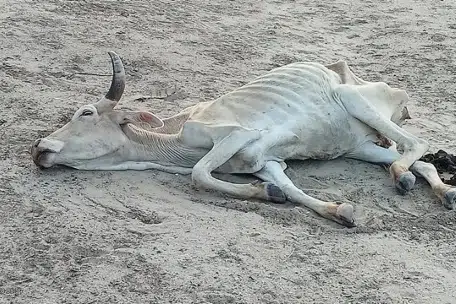
In providing relief and meeting the needs of people across the Horn of Africa, Convoy of Hope can meet needs and provide sustainable solutions for future generations. Thanks to supporters like you, Convoy will continue providing hope to those affected by this drought.
April 26, 2022 | 4:18 p.m.
Drought and — unexpectedly — the war in Ukraine have created a humanitarian crisis in Kenya that is affecting an estimated 4 million people.
In addition to already formidable food insecurity, Kenyans are now facing a shortage in the food they can import. Ukraine and Russia are two of the biggest producers of wheat for Africa, and the war is exacerbating the problem.
“Sadly, we are looking at not just three, but potentially four consecutive failed [growing] seasons,” said Workneh Gebeyehu, the executive secretary of The Intergovernmental Authority on Development. “This — coupled with other stress factors, such as conflicts in both our region and Europe, the impact of COVID-19, and macro-economic challenges — has led to acute levels of food insecurity across the greater Horn of Africa.”
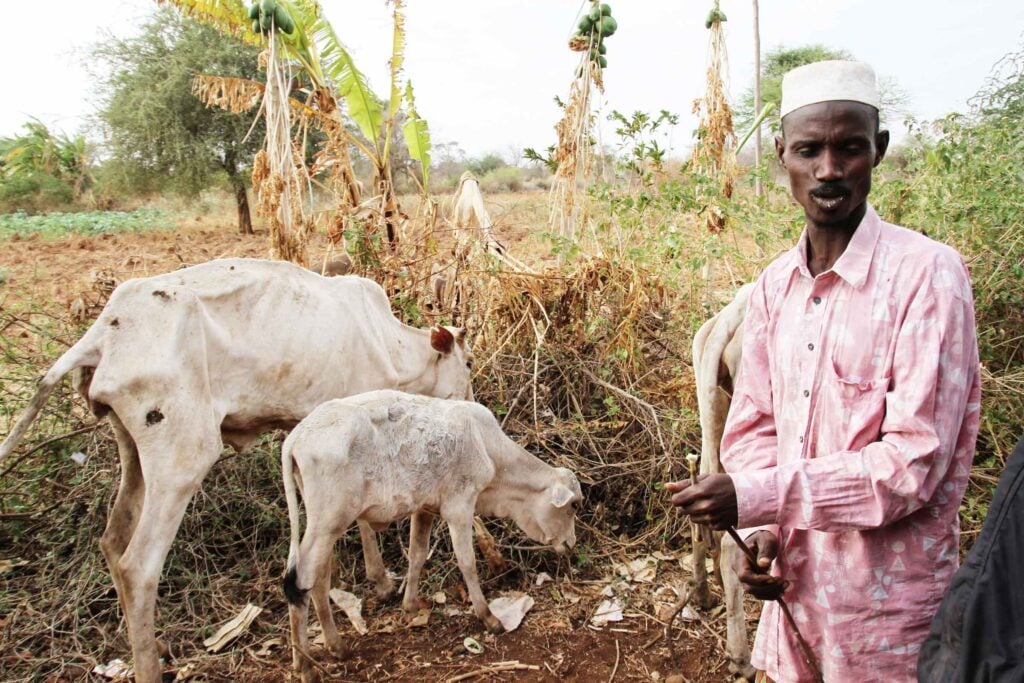
Convoy of Hope is distributing emergency food rations in northern Kenya, one of the hottest, driest regions in the world.
“The ongoing drought in the Horn of Africa is cyclical,” said Chris Dudley with Convoy of Hope’s Disaster Services team. “It comes and goes. In the past, it’d be 20 to 25 years between droughts. Now, we have about 5 years between major droughts.”
In the short-term, Convoy is providing seeds and farming equipment for five schools, implementing school gardens, and training individuals in agriculture. Long-term goals include working with new and existing partners to establish agricultural programs that help people grow their own food and offering additional food distributions in desperate areas.
“The world is so connected, and the ripple effect of one crisis can hit the other side of the planet in unpredictable ways. We’re thankful for any and all help we get,” Dudley said.
Even though the forecast looks bleak, your compassion to help those in dire need is bringing hope where it’s needed most.
